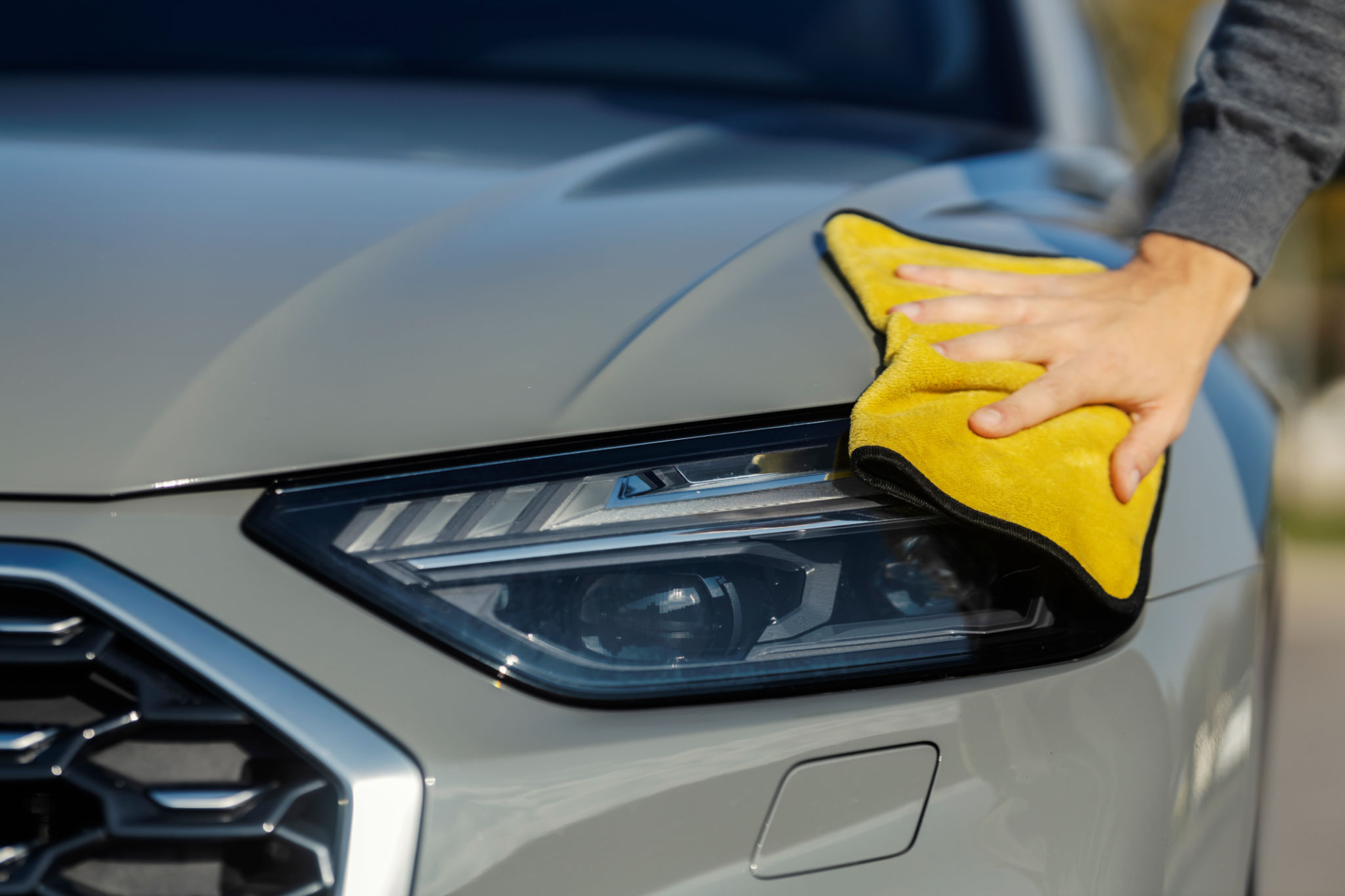DIY Tips for Maximizing the Value of Your Junk Car Before Selling
MD
Assess the Condition of Your Junk Car
Before you start the process of selling your junk car, it's crucial to assess its current condition. Take some time to inspect both the exterior and interior of the vehicle. Look for any visible damage, rust, or missing parts. Make a note of these details as they will help you determine the car's value and communicate its state to potential buyers.
Checking under the hood is equally important. While you're there, ensure that all fluids are topped off and that the engine is in working order if possible. Even if the car isn't running, having an understanding of its mechanical state can impact its selling price.

Gather Necessary Documentation
Having the right documentation can significantly boost the value of your junk car. Locate the car's title, registration, and any maintenance records. If you can't find the title, contact your local Department of Motor Vehicles (DMV) for assistance in obtaining a copy. These documents prove ownership and can make the selling process much smoother.
Maintenance records are particularly valuable as they provide a history of care and repairs. This transparency can reassure potential buyers about the vehicle's condition, even if it's being sold for parts.
Remove Personal Belongings
It might sound obvious, but you'd be surprised how many people forget to remove personal items from their vehicles before selling them. Check thoroughly under seats, in the trunk, and in any compartments for valuables. This not only prepares the car for sale but also ensures you don't lose any cherished belongings.

Consider Minor Repairs
If your budget allows, consider making minor repairs to improve the car's value. Replacing a broken headlight or fixing small dents can make a significant difference in how potential buyers perceive your vehicle. However, it's essential to weigh the cost of these repairs against the potential increase in sale price.
Performing simple maintenance tasks such as changing the oil or replacing air filters can also enhance the car's performance if it's still running. These minor improvements can make your junk car more appealing to buyers looking for parts or restoration projects.
Research Potential Buyers
When it comes to selling a junk car, you have several options for potential buyers. Research local junkyards, scrap metal dealers, or online platforms that specialize in buying used or non-running vehicles. Each option has its pros and cons, so consider which aligns best with your selling goals.

Contact multiple buyers to get quotes and compare offers. Don't settle for the first offer; instead, use this information to negotiate a better deal. Keep in mind that some buyers may offer free towing services, which can save you money and hassle.
Remove Non-Metal Components
If you're planning to sell your car for scrap metal, removing non-metal components can increase its value. Items such as seats, plastic panels, and interior trim don't weigh much and could be removed with basic tools.
This step might require some effort, but it can lead to a higher payout from scrap metal dealers who pay by weight. Ensure you're equipped with the necessary tools and follow safety precautions while removing these components.
Negotiate with Confidence
When you've found a potential buyer, it's time to negotiate the sale price. Armed with your research and knowledge of the car's condition and documentation, you can confidently discuss pricing. Use competitive quotes as leverage to negotiate a fair deal.
Remember to remain realistic about your expectations; while you want to maximize value, be open to accepting an offer that reflects the true condition of your junk car.